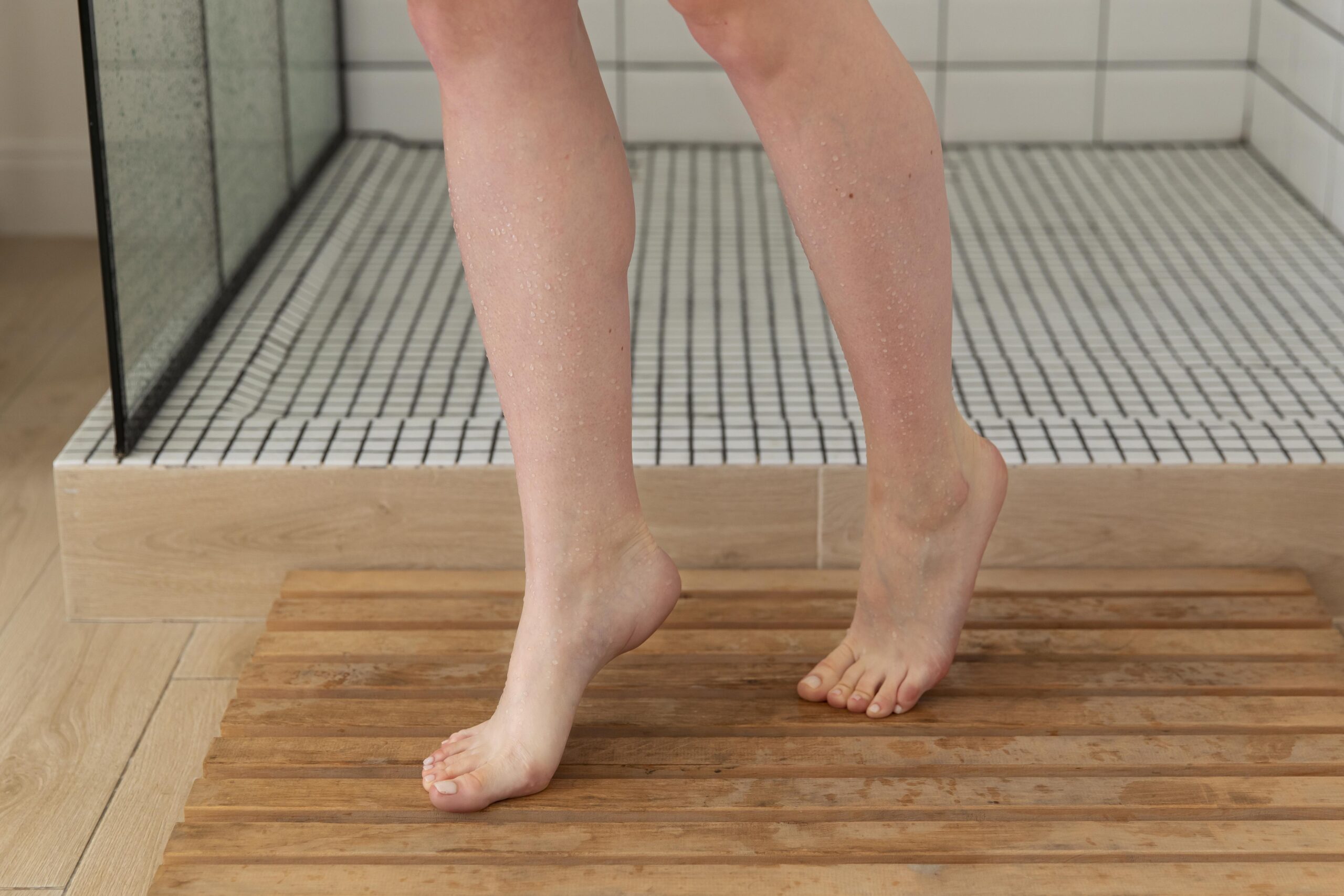7 tips to combat eczema

As temperatures fluctuate, many individuals find themselves battling eczema. With the onset of colder weather and indoor heating, the likelihood of developing dry skin and eczema increases. To help alleviate symptoms and manage eczema effectively, we’ve compiled our top seven tips.
1. Humidifier
Start by addressing your environment. One of the most effective strategies to combat eczema is to increase humidity levels. During winter, indoor heating can lead to dry air, which isn’t conducive to healthy skin. A humidifier helps prevent excessive dryness, providing relief for eczema-prone skin.
2. Air purifier
Consider investing in an air purifier, which helps filter out bacteria and allergens from the air. This can be particularly beneficial for individuals experiencing severe eczema symptoms, as airborne irritants can exacerbate the condition.
3. Showering
While a long, hot shower may seem tempting, it can actually worsen eczema by drying out the skin. Opt for shorter showers with lukewarm water to minimize moisture loss. Additionally, avoid harsh soaps and opt for gentle cleansers formulated for sensitive skin.
4. Hydration
Eczema often results in dry skin, so it’s crucial to moisturize regularly. Choose products specifically designed to soothe eczema-prone skin, preferably containing ceramides to help retain moisture. Apply moisturizer at least twice daily to keep your skin hydrated and supple.
5. Fragrance
Exercise caution when using perfumes, especially if you have eczema on your arms or neck. Perfumes contain alcohol, which can further dry out the skin and cause irritation. If you still wish to use perfume, apply it sparingly or consider spraying it on clothing or in your hair to minimize direct contact with eczema-prone areas.
6. Exfoliation
Gently exfoliating the skin can help remove dead skin cells and alleviate eczema symptoms. However, it’s essential to choose a gentle scrub with fine particles to avoid exacerbating inflammation. Practice gentle exfoliation to prevent irritation and promote healthier skin.
7. Medical intervention
If eczema persists despite trying various home remedies, it’s essential to seek medical advice. Your doctor may prescribe a specialized cream or recommend visiting a dermatologist for further evaluation and treatment options tailored to your specific needs.
By implementing these tips into your skincare routine, you can effectively manage eczema and soothe your skin, promoting overall comfort and well-being. Remember, consistency and patience are key when dealing with eczema, so don’t hesitate to seek professional guidance if needed.


